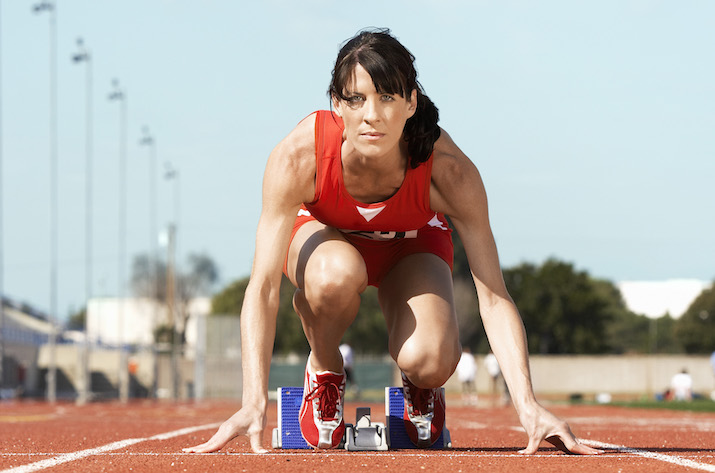Get motivated to improve your performance and find the key to it!
“A warrior cannot complain or regret anything. His life is an endless challenge, and challenges cannot possibly be good or bad. Challenges are simply challenges. – Don Juan, Carlos Castaneda

Application of the concept of right practice, pursuit of excellence, or the process of formative lifestyle change and improvement apply to all areas of your life. Consciously employ the skill and make this distinction and honestly engage each aspect of your existence with these principles.
“I appreciate greatness and I appreciate hard work. It’s something about devoting a piece of every day to something that’s far off that’s really inspiring to me. I know there are areas where I can improve, which gives me a lot of confidence that it’s not the peak for me.” Dylan Bowman – Professional Ultrarunner
“Performance is about being your best and learning to do something better. Excellence does not come easily, nor is it automatic for even the most talented, highly-motivated individuals. Rather it stems from the desire to be really good at something and the discipline to make a lasting commitment.” – Connie Carpenter 1984 Gold Medal Cycling
“A performance gap is thereby delineated with maximum specificity between the performance system subject to premature failure and the image of purpose. By employing the force of will, moment to moment, to sustain the training exercise past such points of premature microsystemic failure, the performance of that particular episode of exercise is enhanced.” Michael Livingston – Mental Discipline
Purpose- Fundamental Performance Objective
Most athletic practice will embrace some fundamental performance objective. This objective properly will be embodied in a general image of purpose. Discrete performance objectives and maximum specificity. Each microsystem must be trained with maximum intensity.
The purpose of walking the path is not to attain some final destination but simply to progress ever further along that path.
The ego distorts purity of practice. Product-oriented pursuits serve the ego and seek some objectified result to be achieved through that practice. There is no purity of practice. Also, no commitment to the process.
In addition, the purpose must possess a process orientation. In turn, this process orientation to the image of purpose has two dimensions: intention and direction. Thus, the force of will act on the mind in two ways. First, the mind must be directed toward some conceptual goal. Second, the mind must be propelled or animated to move in that direction.
Remember, the greater the specificity and intensity of practice, the more purposeful and effective practice can be.



